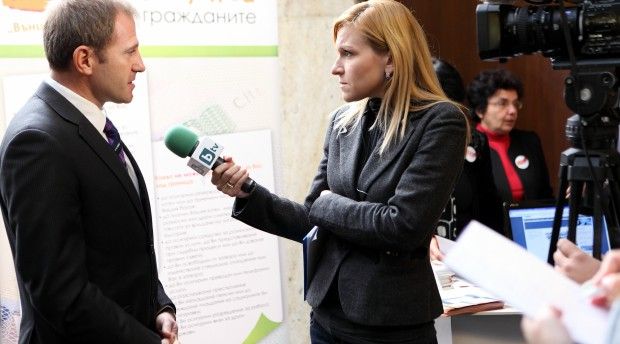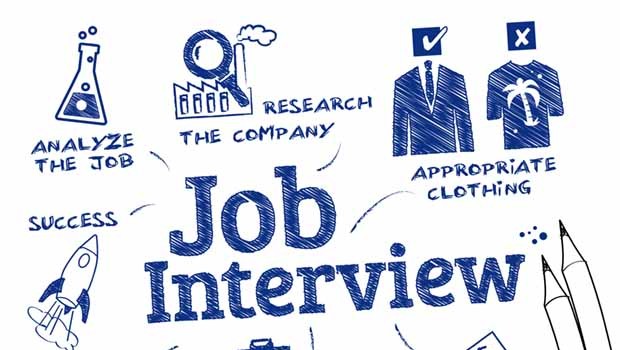Investment Banking Interview Prep – How to Ace Your Investment Banking Interviews
Post Views 16So you’ve made it through the first cut in the investment banking recruiting process: the resume review. The bank has let you know that you have the basic skills—quantitative excellence, leadership skills, a strong work ethic, a demonstrated interest in markets and investment banking—that justify inviting you to interview.
Now, you’ve got an interview to prepare for. What should you do next? To give yourself the best possible shot at a job offer, you should get a deeper, more specific understanding of what you’ll be facing in the interview process.
The Interview Process: What They’re Looking for
Your interviewers will be trying to learn three basic things about you. First, they want to learn about your personality, and whether you’d fit in with the people you’d be working with. Expect questions that get at your strengths, weaknesses, leadership skills, ability to work in a team, professionalism, and work ethic—ranging from “What are your greatest accomplishments?” to “What are your hobbies?”
Second, your interviewers will be looking for evidence that you have an abiding interest in investment banking and the markets. They’ll do this by asking you about your internships, if you’ve done any, or about what department you’d like to work in, or about your career goals.
You can help yourself answer these questions intelligently by studying up on business and finance news, by learning the lingo of investment banking (and the particular department you want to work in), and by understanding what the different departments of an investment bank do and how they work together.
Finally, investment banks want to know how strong candidates’ quantitative, economics, logic, and financial-theory skills are. Expect your interviews to include plenty of questions designed to show what you know about accounting concepts (such as gross margins), financial ratios (such as liquidity ratios) and concepts (such as beta), investment models (such as the capital asset pricing model), business theory (such as Porter’s Five Forces), and company valuation techniques.
You’ll be expected to display your knowledge and understanding on the fly. Questions of this type include: “What’s your favorite stock,” “What’s your outlook for the market,” “What are the essential elements of a good company,” and, “If a company’s revenues are constant, how can its gross margin decline?”
The first rule in answering your interview questions is honesty. If your answers are inconsistent—for instance, if you tell one interviewer you’re interested in going to business school in two years, but tell another that you’d really like to move ahead in sales without going to B-school—won’t make it far in your interviews. If you’re honest, you won’t have to worry about inconsistencies.
It’s also important to use specific examples whenever possible. If an interviewer asks you about your strengths, don’t just say, “I have good leadership skills.” Instead, talk about how you were elected president of your fraternity, then got your fellow fraternity members to band together to create a campus blood drive.
Finally, don’t be afraid to say you don’t know the answer to a question. Your interviewers will be able to spot a half-baked answer from a mile away. In fact, many interviewers deliberately ask difficult technical questions to see whether you can admit you don’t know something. Once you’re on the job, after all, it might cost the bank millions if you screw up because you’re afraid to fess up to your ignorance.
The First-Round Interview
The first of the three basic steps in the I-banking interview process usually takes place with a recruiter who screens candidates to make sure they have the basic technical skills and personality profile to make it in the job they’re interviewing for.
Recruiters are usually BAs with liberal arts majors and a basic understanding of the investment banking business. They’ll throw you some quantitative questions, but the emphasis at this stage will be on “soft” skills and personality fit. Going for a job in trading? Don’t forget to mention your competitive nature. Sales? Don’t forget your persuasive abilities. Research? Talk about your attention to detail. Banking? How about your ability to work long hours and your willingness to travel?
If you do get quantitative questions, keep your answers simple. Recruiters are looking to see that you think through problems logically and with common sense—whether you can regurgitate complex theories or do high-level math problems in your head. Keep your answers as simple, direct, and clear as possible.
The Second Round
If the investment bank still finds you an attractive candidate, you’ll be invited back for a second round of interviews. Now, you’ll be meeting with the people you’ll be working with should you get the job—midlevel members of the department you’ve targeted. In other words, you’ll talk to real salespeople, traders, research analysts, or bankers.
Your second-round interviewers will be interested in learning more about your personality—you work with others, how you deal with stress. Which makes sense, since you’ll be working with these people for 60 or 80 or more hours per week.
At the same time, the questions you face will be more technical and department-specific than in the first round. The recruiter was a generalist; second-round interviewers are specialists who want to find out how much you already know about their specialty, and whether you have the logic and quantitative skills to learn what you don’t know.
The Final Round
If you get called back after the second round, the bank has decided you’re made of the right stuff to join its team. But you’ve still got another interview standing between you and the job. In this round, you’ll meet with a managing director or a department head. At this point, if you don’t screw up—pointing out that the interviewer’s shoes don’t match her suit, say—the job is yours.
See the following for more information:
Investment Banking Interview Prep – How to Ace Your Investment Banking Interviews by Granted Contributor



 Beat the Greatest Interview Fear with Little Effort
Beat the Greatest Interview Fear with Little Effort  Tell Interviewers about Yourself Like You Are a Pro
Tell Interviewers about Yourself Like You Are a Pro  3 Steps for a Perfect Job Interview
3 Steps for a Perfect Job Interview  “Culture Fit” Questions You Can Expect During an Interview
“Culture Fit” Questions You Can Expect During an Interview  Post Interview Tactics
Post Interview Tactics  Top 5 Tips for Getting a Second Interview
Top 5 Tips for Getting a Second Interview  Essential Job Interview Tips
Essential Job Interview Tips  10 Tips from Corporate Experts on Interview Success
10 Tips from Corporate Experts on Interview Success